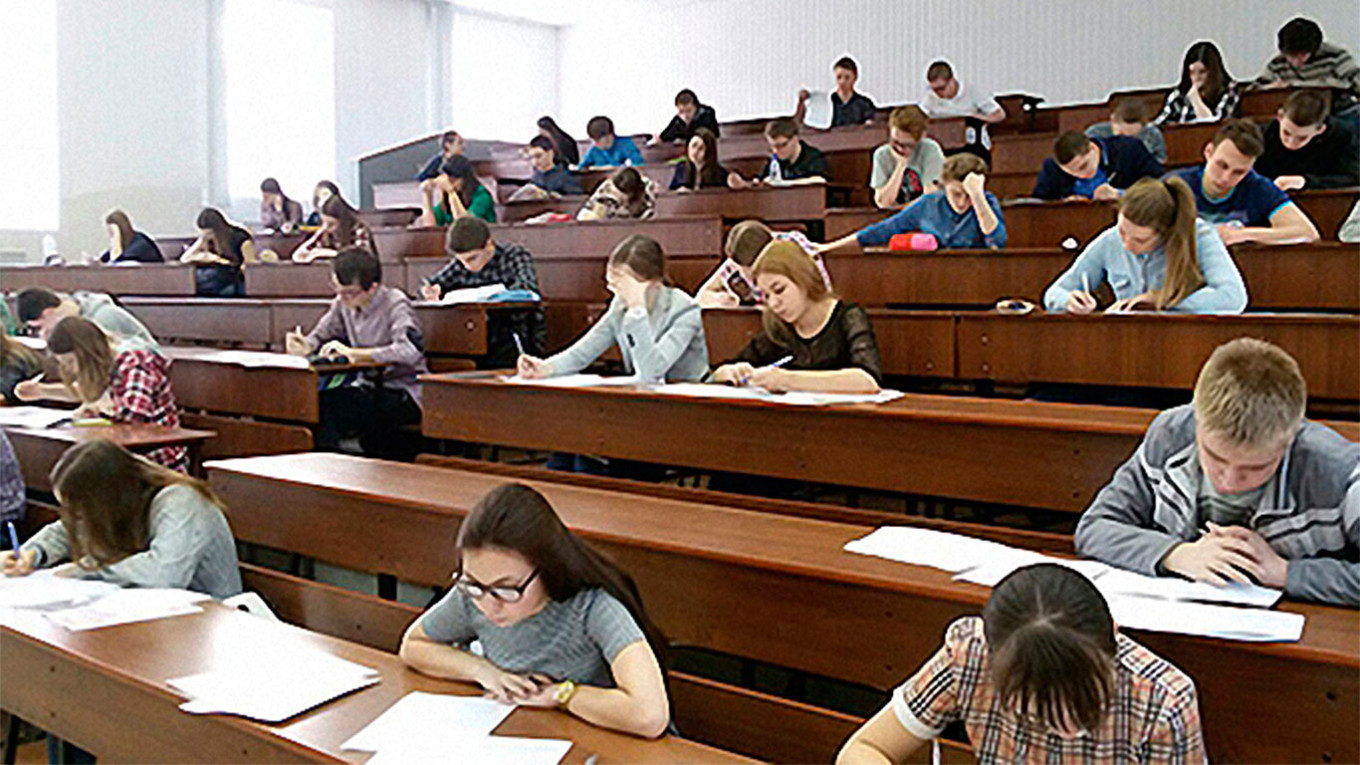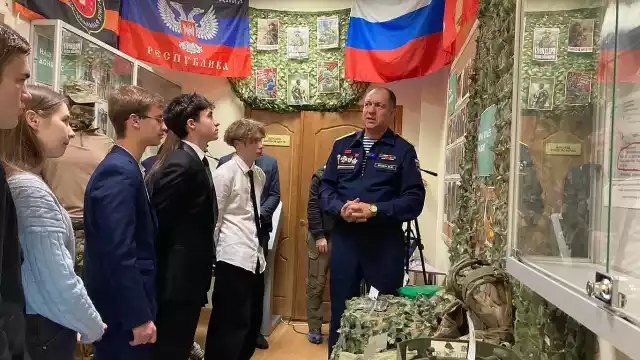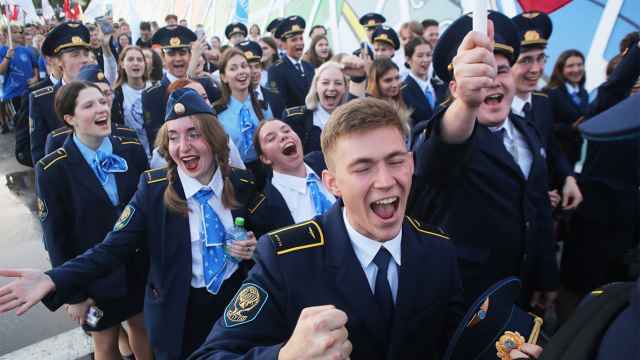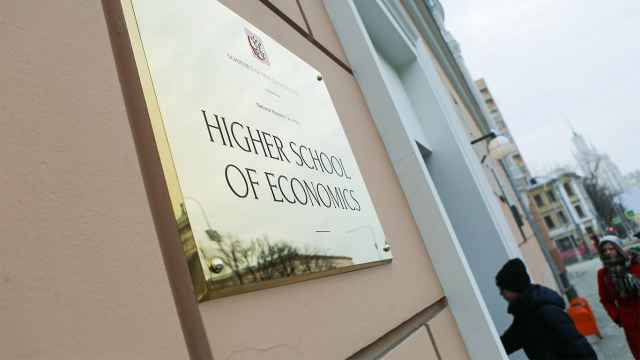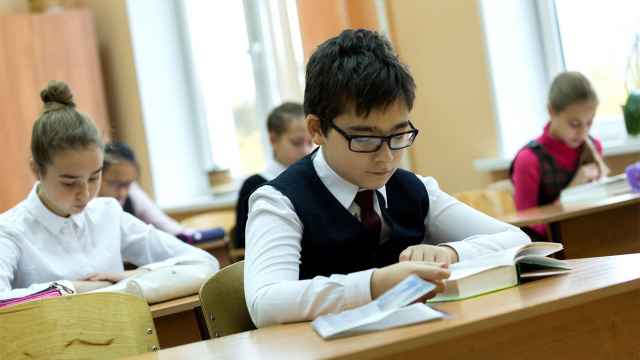A major university in Russia’s Volga region is urging students to report “suspicious” peers to the authorities amid heightened anxieties over possible sabotage acts aimed at hampering the war effort.
Penza State University’s vice-rector in charge of security, Vladimir Shimkin, flagged a Federal Security Service (FSB) warning that a group of 15-to-21-year-olds is allegedly plotting attacks in the Penza region.
“Analyze your circle of contacts, especially from among high school and college students,” Shimkin said in a statement on the university’s website.
“Think about whose behavior lately seems strange to you, maybe someone has become more secretive, withdrawn drastically limited the circle of communication, changed their interests or established routine,” he wrote.
“If there are such people among your acquaintances, don’t keep silent.”
President Vladimir Putin has accused the West of having helped Kyiv stage "terror attacks" in Russia while Moscow pursues its military offensive against Ukraine.
And the head of the FSB last month claimed that Ukraine and the West were recruiting young Russians to stage armed attacks in their home country.
Russian military enlistment offices have been targeted by a spate of arson attacks since the start of the war.
In March, authorities arrested a 26-year-old St. Petersburg woman over a cafe bombing that killed a prominent pro-war blogger.
Moscow has cracked down on criticism of its campaign in Ukraine, with a growing number of treason cases and long prison sentences for social media dissent.
Many Russians who oppose the war in Ukraine have been reported to the authorities by family members, neighbors and passersby, in a trend observers say evokes Soviet denunciations.
State media watchdog Roskomnadzor said it fielded 145,000 such reports in the first six months of the war in Ukraine.
Analysts say Russian authorities are actively encouraging such denunciations.
Political and media figures have set up online channels for Russians to report information about “anti-Russian” activities or “fake news” about the military campaign in Ukraine.
AFP contributed reporting.
A Message from The Moscow Times:
Dear readers,
We are facing unprecedented challenges. Russia's Prosecutor General's Office has designated The Moscow Times as an "undesirable" organization, criminalizing our work and putting our staff at risk of prosecution. This follows our earlier unjust labeling as a "foreign agent."
These actions are direct attempts to silence independent journalism in Russia. The authorities claim our work "discredits the decisions of the Russian leadership." We see things differently: we strive to provide accurate, unbiased reporting on Russia.
We, the journalists of The Moscow Times, refuse to be silenced. But to continue our work, we need your help.
Your support, no matter how small, makes a world of difference. If you can, please support us monthly starting from just $2. It's quick to set up, and every contribution makes a significant impact.
By supporting The Moscow Times, you're defending open, independent journalism in the face of repression. Thank you for standing with us.
Remind me later.


